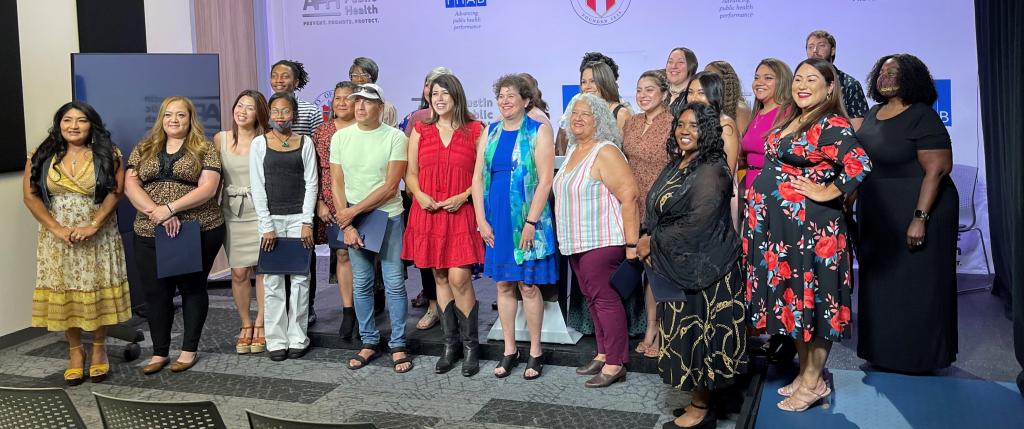Community Health Worker Hub
The Community Health Worker Hub is Austin Public Health’s new center to train, support, and provide opportunities for Community Health Workers.
Currently, we do not have a certification course to advertise. If you are already a Community Health Worker and want to be invited to HUB activities, including continuing education, please contact us at APH-CHWHUB@austintexas.gov.
If you would like to stay in the loop with us and be added to our distribution list, click here.
Austin Public Health (APH) invites you to join us at the next Community Health Worker Alliance of Central Texas meeting.
All meetings are hybrid and hosted at Bergstrom Technology Center, 6800 Burleson Rd. Austin, TX 78744, 10:00 am – 11:30 am.
Upcoming meeting dates:
- April 22, 2025
A coalition for CHWs by CHWs means we want to hear from you! If you would like to present at one of the upcoming meetings, please submit your request here.
The CHW ACT monthly newsletter is another opportunity to amplify your work. If you would like to promote an upcoming event or programming in the newsletter, please submit your request here.
For more information
aph-chwhub@austintexas.gov stephanie.trevino@austintexas.gov

